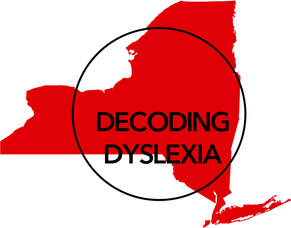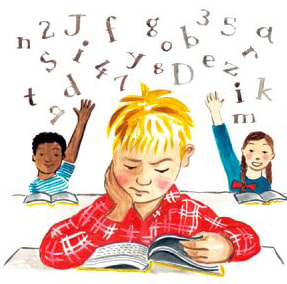|
Dyslexia is a specific learning disability that is neurological in origin. It is characterized by difficulties with accurate and/or fluent word recognition and by poor spelling and decoding abilities. These difficulties typically result from a deficit in the phonological component of language that is often unexpected in relation to other cognitive abilities and the provision of effective classroom instruction.
Secondary consequences may include problems in reading comprehension and reduced reading experience that can impede growth of vocabulary and background knowledge. Adopted by the IDA Board of Directors, Nov. 12, 2002. This Definition is also used by the National Institute of Child Health and Human Development (NICHD). Navigating through the special education process combined with learning about Dyslexia and the science behind it can be difficult and cumbersome. Decoding Dyslexia - NY has listed some of the most frequently asked questions and listed some of the resources we find helpful. To find answers to some of the most frequently asked questions - click HERE. Studies show that individuals with dyslexia process information in a different area of the brain than do people that do not have Dyslexia. Here are a few informative websites that describe the signs of dyslexia: International Dyslexia Association Susan Barton, Bright Solutions for Dyslexia Sally Shaywitz, Yale Center for Dyslexia & Creativity A Different Way In Reading Center |
Proudly powered by Weebly


